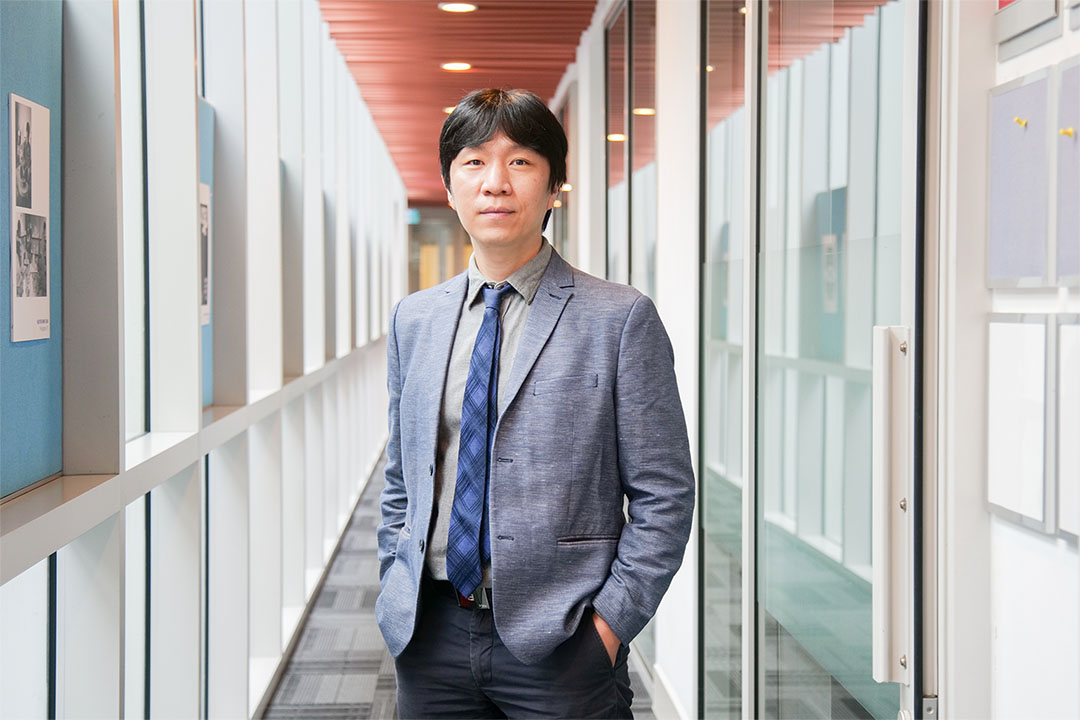In recent news, Vietnam celebrated its achievement of surpassing its 2023 foreign tourist target by welcoming 8.9 million international visitors in the first nine months. Such a statistic sends a signal that, finally, the tourism sector is fully recovering from the pandemic downturn. Yet, foreign tourists are often concerned about the low quality of services and experiences they get during their trips to Vietnam, which creates a low retention for revisits.
What shapes a positive experience in tourism can range from the cost of a trip to the culture. An increasing number of tourists choose their next destinations where they can enjoy a green experience - events or feelings shaped by environmentally friendly operations. Hospitality sector is providing green experiences by saving energy and water and reducing waste in their property.
Indeed, this growing concern has a potential to greatly impact Vietnam's hospitality industry in the future as tourists increasingly prioritise eco-conscious options during their stay. Therefore, it’s critical to construct a green experience throughout Vietnam’s hospitality sector and tourism attractions through proper green training.
Our team of three academics from RMIT University in Vietnam, including Professor Robert McClelland, Associate Professor Seng Kiat Kok and I, conducted a research on the impact of green training on employee turnover intention and customer satisfaction which clearly pointed out the amplified benefits of green training which creates sustainable tourism experiences.
The hospitality industry is a unique business model in which both tourists (guests) and the employees of the property share a common space and experience. Once a green experience is formed in the property, it turns out that it positively affects both the guests and the employees’ experience, hence improving productivity and customer satisfaction.
Greening the hospitality sector in Vietnam is not just a strategic decision on business and macro-level decisions, but it’s also imperative as to whether we are able to save our future generations from disastrous floodings and climate changes. Based on an estimation in 2020 by the Ministry of Natural Resources and Environment, nearly 50% of the Mekong Delta is at risk of flooding while 17.2% of Ho Chi Minh City’s area is at risk of living in a flooded area. Since the hospitality sector contributes 5% of the CO2 emissions, the industry is responsible for taking proper measures to curve global warming and climate change.
There are regulatory requirements to be ‘green’ in businesses and to be the hospitality sector that brings positive changes, yet there’s still a long way to go. Now more hospitality leaders pay attention to shaping a better green experience, being ahead of the competition, and shaping better brand images for customers and employees.
Nonetheless, training is long-term and requires high investment that needs strong support from senior leadership with a long-term/strategic vision. Since the local demand for green experience is lagging behind the international inbound tourists in Vietnam, the hotels and restaurants targeting local guests and customers may not easily see the potential value of the green investment in training. Yet, this brings a new opportunity to take green leadership in the Vietnam hospitality sector – a pathway to the future. Also, it’s critical that green training is not the end but the beginning of shaping greenness, followed by other green elements, including green communications, facilities, and operations.
As a father of a 20-month-old kid, I wonder how my kid would be living in Ho Chi Minh City 20 years later if the current trend of rising seas continues. I do see hope from the clear value of green training and experience in the hospitality industry in Vietnam that hopefully shape a sustainable home in Vietnam for future generations.
Story: Dr Jung Woo Han, Senior Program Manager, The Business School, RMIT Vietnam
Thumbnail image: Hanoi Photography – stock.adobe.com





